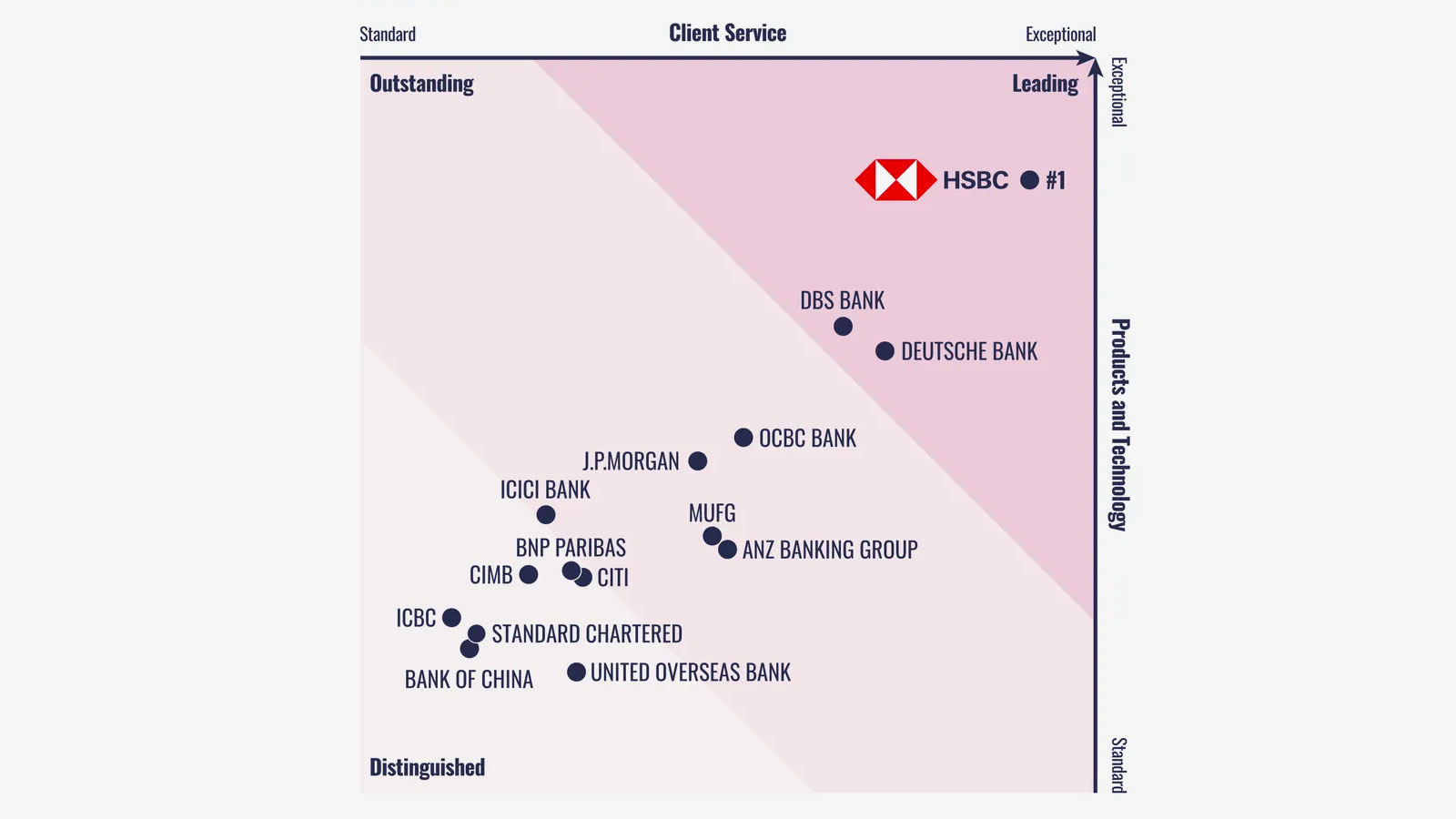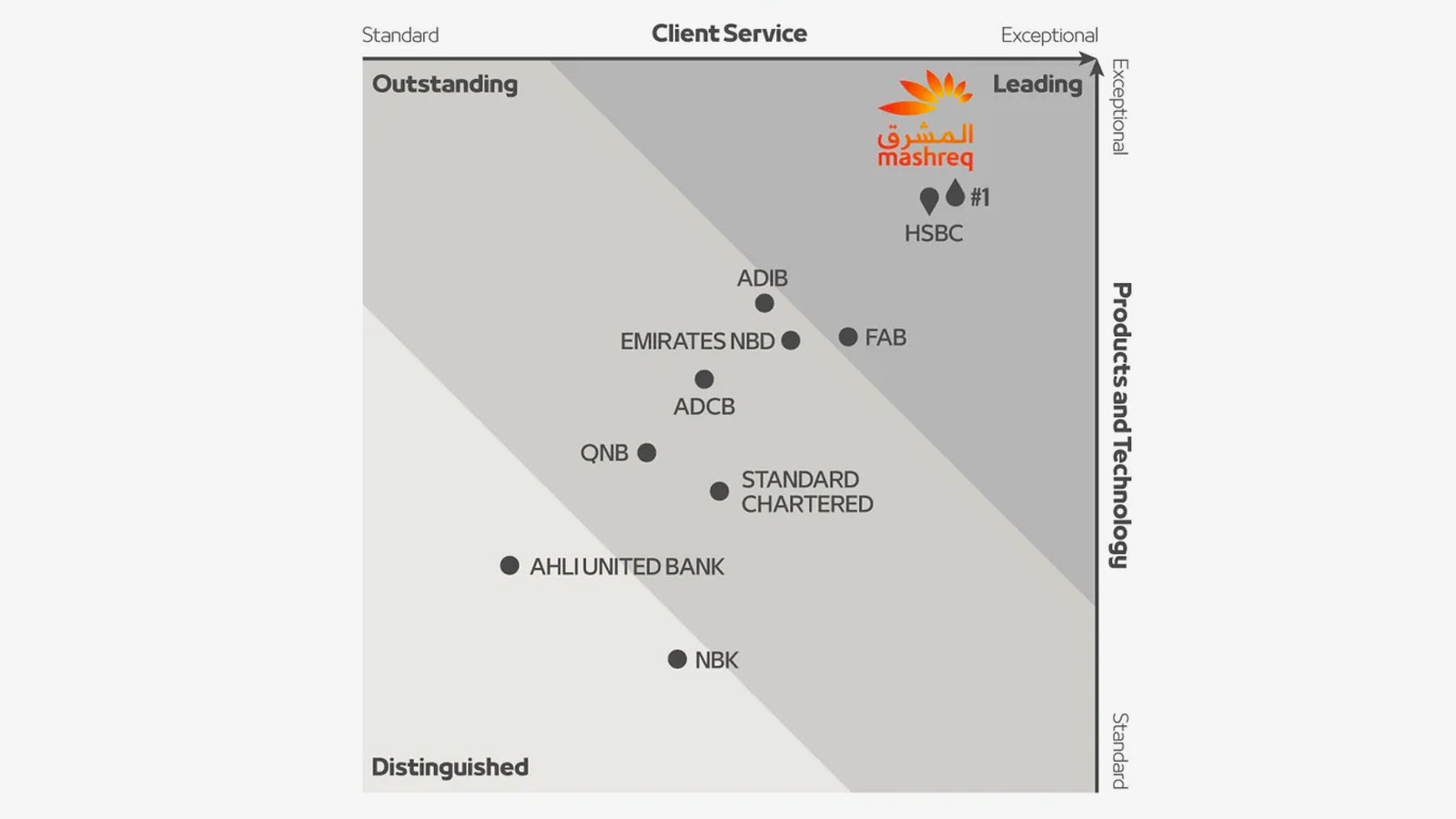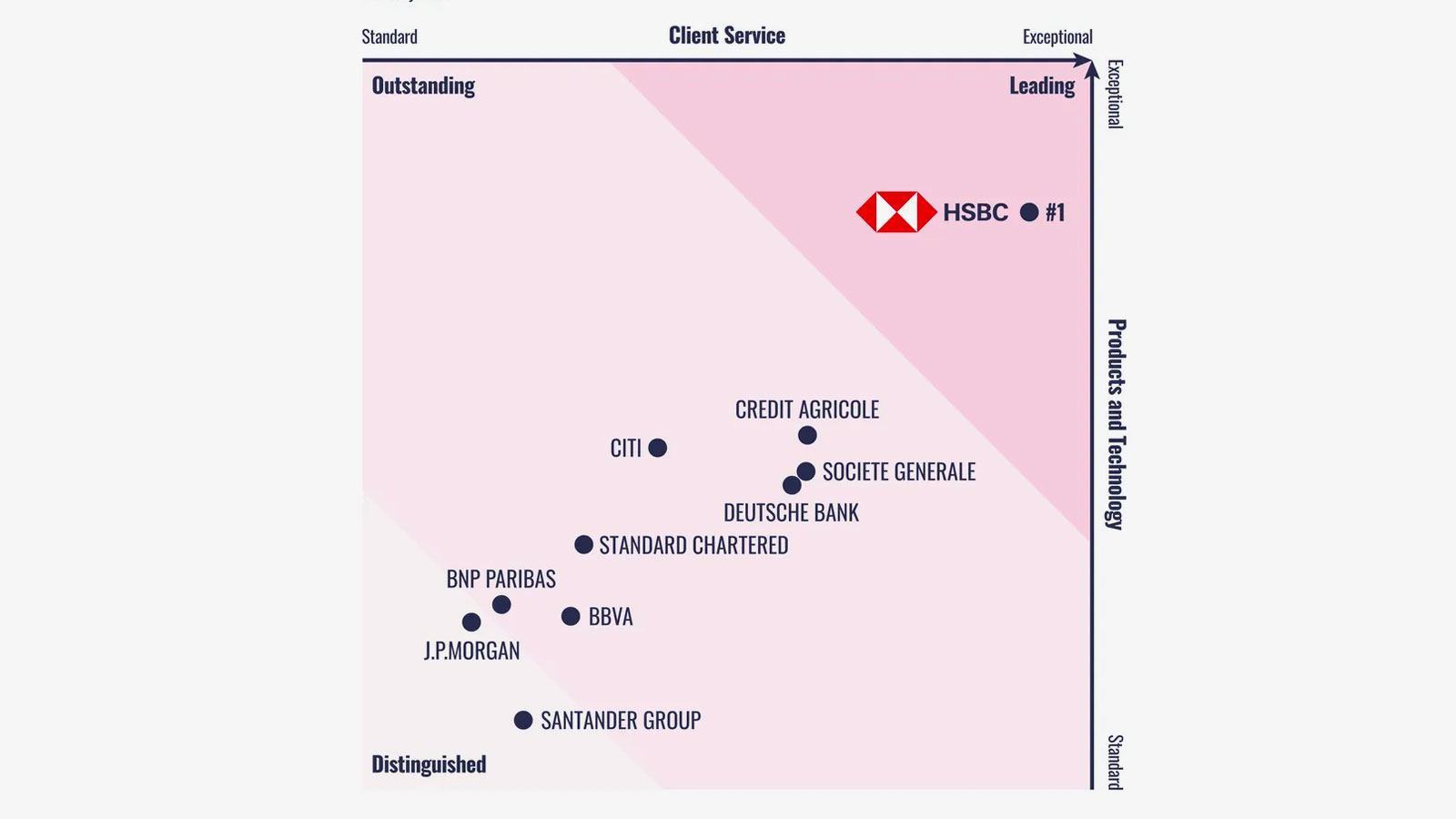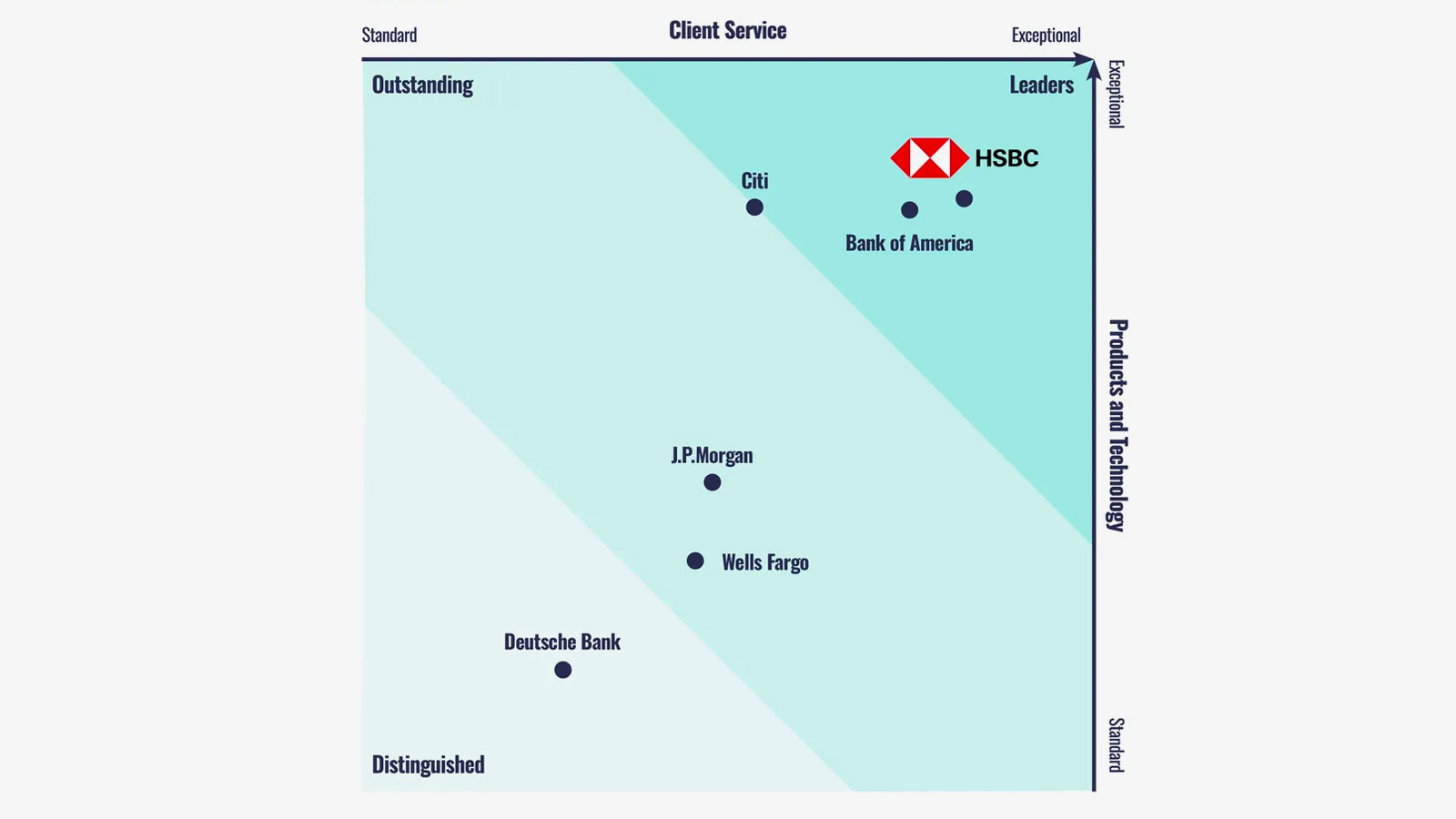 |
| View results |
The survey is designed to provide our readers with valuable information about the trade finance market. It asks participants to rank trade-finance providers across a selection of service categories and an overall, global category.
The 2017 survey was open for voting between September 8 and November 4, 2016.
The survey is split into three parts: the trade-finance provider nominations; the market share splits; and the service category ratings.
Part 1:
Clients nominate their top three trade-finance providers globally, by region and domestically. Providers receive four points for a first place nomination, three points for second place and two points for third. These scores are then summed to produce a ranking.
Part 2:
The average percentage of business each client trades with each provider – globally and by region. Each client gives a percentage of business they trade with each of their providers and this is averaged globally and by each region.
Part 3:
For the individual service categories the score is the arithmetic mean of the ratings for that category.
Euromoney received 6,306 responses to the 2017 survey. After the data cleaning process, 4,040 responses remained. Last year, we received 2,288 valid responses to the survey.
Votes are not included in the survey where: service providers cast a vote for themselves; Euromoney does not receive confirmation from the respondent of their identity; an individual respondent submits more than one ballot and we cannot resolve the duplication; a respondent’s volume is duplicating that of a colleague’s from the same institution.
For any queries, please contact Annabel Nason on annabel.nason@euromoney.com or +44 2077798649



